The participants combined service design’s innovative tools and methods with startup’s creativity to tackle the challenges. Design facilitators, startuppers, NGO representatives, students and people interested in sustainability from both Greece and abroad, joined us on Saturday September 21st and collaborated in multidisciplinary teams to co-create solutions for four main local challenges. The challenges targeted food waste in schools, food production footprint, sustainable behaviour in tourism and agri-tourism experiences.
The Jam was a great opportunity to brainstorm on the challenges communities face on a local level and facilitate a creative process consisting of design sprints with exercises such as problem analysis, synthesis and prototyping. Additionally, Sustainable Development Solutions Network shared its knowledge on sustainability with the participants and inspired them to work on their projects. The day concluded with presentations of the created ideas, live testing, feedback among teams as well as music and beers!


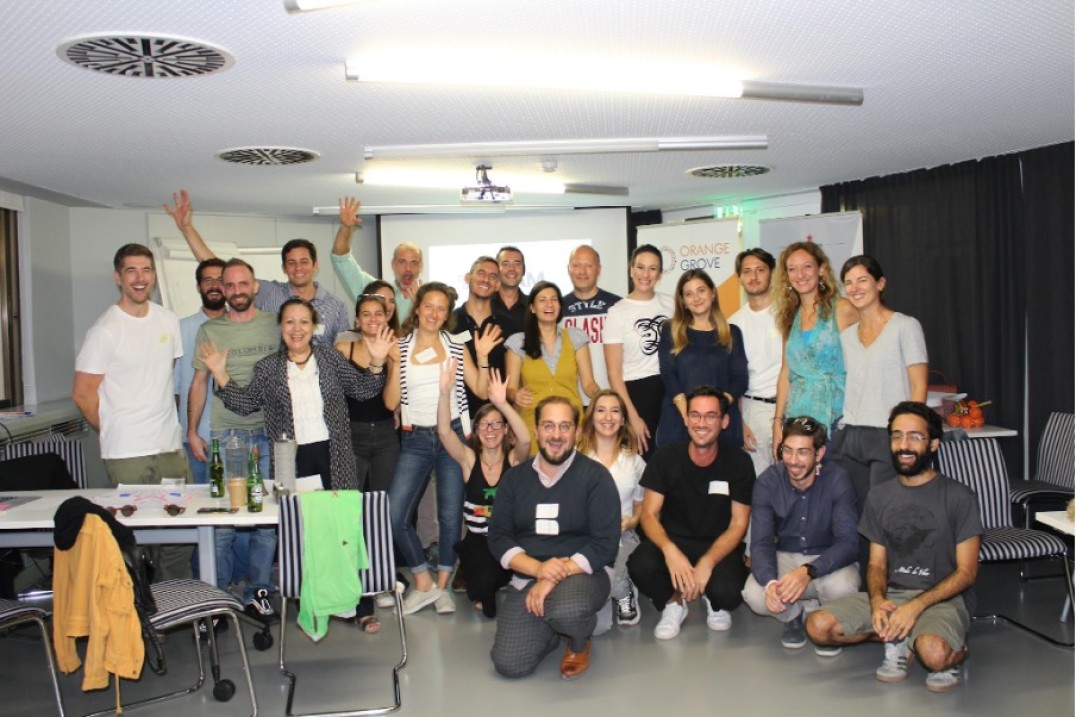
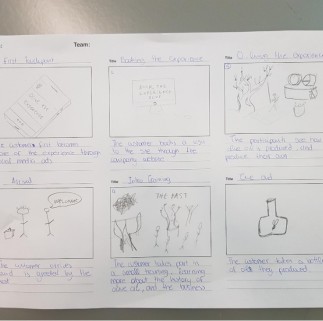
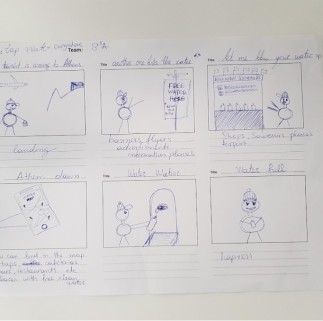
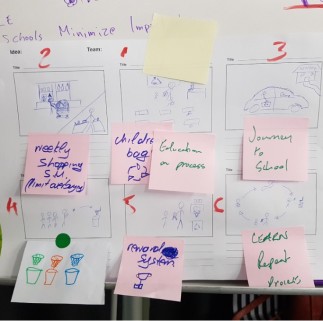
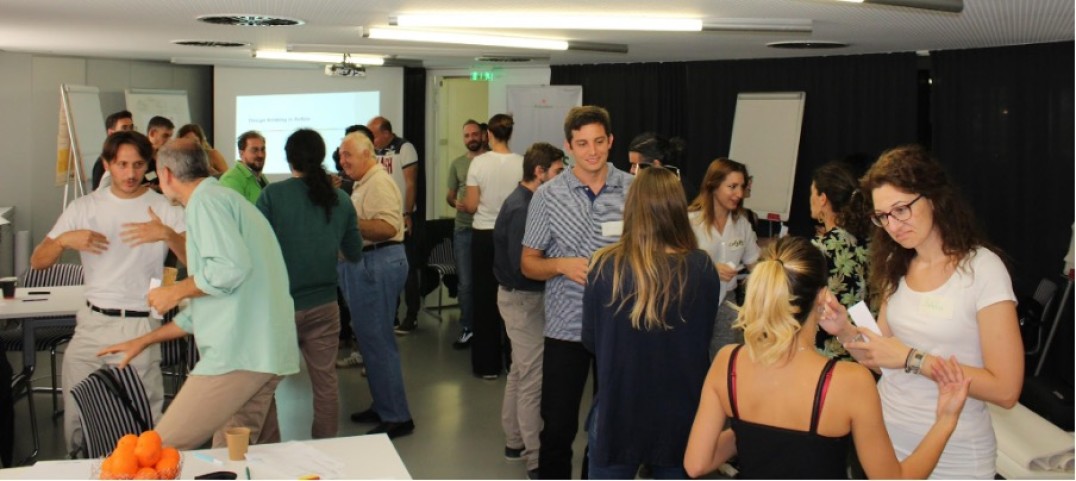
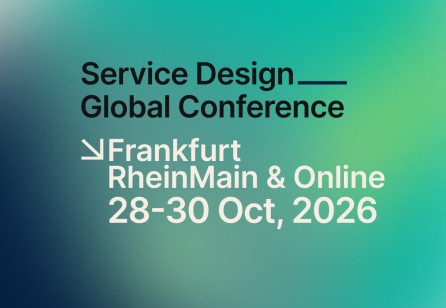
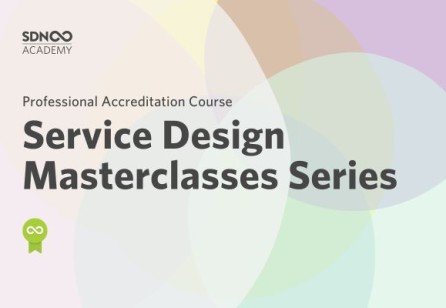
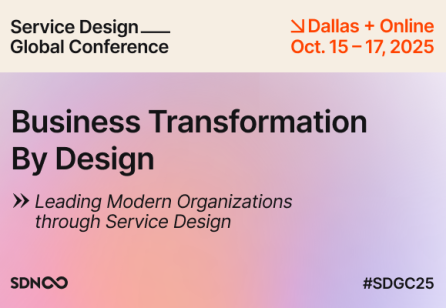
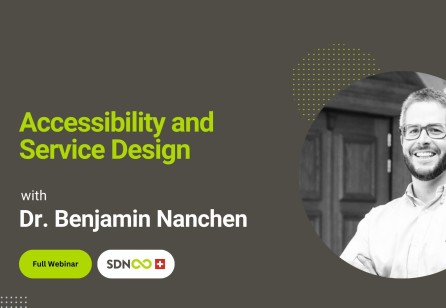

Share your thoughts
0 RepliesPlease login to comment